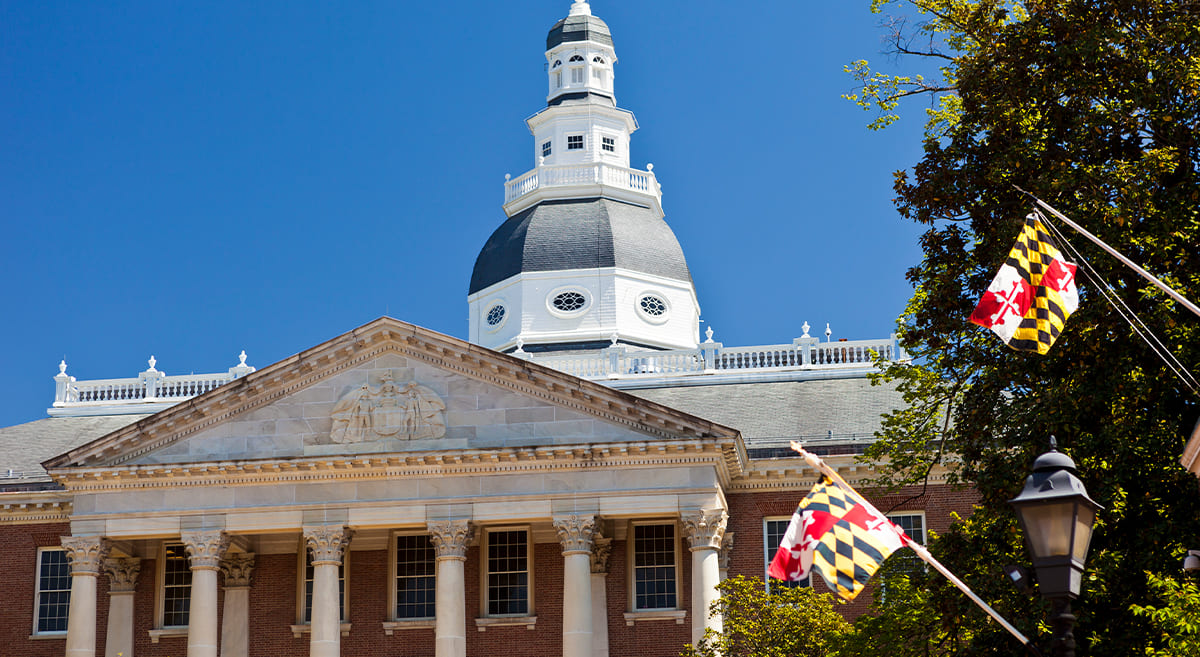The browser you are using is not supported. Please consider using a modern browser.
Working for Justice, Even When itHurts
As I was getting ready to watch the inauguration, I was having a difficult time. This has been an incredibly draining three weeks. In fact, it has been an exhausting 10 months. I wanted to witness the orderly transfer of power with the swearing-in of our nation’s 46th president, and its first female vice president and first vice president of color, and feel stirred with pride and patriotism – but there was fear, anxiety, and a great deal of pain getting in the way.
Between 10 months of an isolating and deadly pandemic, seemingly unrelenting violence in words and actions from national leaders, trauma after trauma, and the murder of an extraordinary member of our Safe Streets community, I have at times struggled to swim through the flood of grief. I acknowledge that I have a great deal more privilege than others, and if I am struggling this much, I know others are bearing so much more.
At Catholic Charities, we started having Zoom conversations a few months ago that we call “Where Do We Go from Here?” It’s a way of processing trauma and trying to hear one another. Sometimes, someone gets a little frustrated that we aren’t answering the title question. But how do you find the answer to that? How do we figure out how to fix all this?
It’s tempting to start trying to figure out how to make other people think and act differently. But if we study our most inspiring leaders well, even if we go back to Rev. Dr. Martin Luther King Jr. and look closely, that was never the point. Those leaders did not call on us to fix others. Demonstrations, sit-ins, protests – every effort to work for social and racial justice – called on us to confront the truth of having to fix ourselves.
We have to look inward, question ourselves, challenge our own thoughts and visceral reactions and purge the impurities in them: ingrained ideas of supremacy or entitlement, intolerance, hypocrisy, cynicism, anger not in pursuit of justice but indulgent for its own sake. We have to be completely honest with ourselves to do all that. Are others toxic in their thoughts and actions? Of course. But nothing is going to get better if we continually point out other people’s toxicity without ever admitting to our own. If each of us commits to treating the toxicity that lives within us, our communities, country and society will get better.
From a Christian perspective, this is the idea of the speck vs. the plank in the eye, the examination of conscience, the understanding of free will, acts of contrition, and the recognition of the dignity in every individual. From the Hindu perspective, it is dharma, and Mahatma Gandhi’s advice: “Be the change you wish to see in the world.” Or we could simply consult YouTube, and the viral video a few years back of the little girl in her car seat, whose parents had seemingly had to remind her all too often not to be nosy: “Worry about yourself!”
What is frequently hard to remember is that this does not give us permission to be concerned only with ourselves, or to sit back and let justice take an eternity to arrive as though it is of its own making in due time. In order for me to be the best citizen and person I can be, I have to constantly evaluate why I think and feel the way I do, correct the places where I veer toward toxicity, and use all of that to guide my thoughts, actions and perspectives. I have to have the humility to acknowledge where I go wrong, and work to make it right. If we each commit to that, we create a better world one person at a time.
That’s what Dante Barksdale did. After years as a self-described “hustler” who served time in prison, he committed to turning his life around. From there, he became someone trusted to interrupt violence. He made himself better. He lived the example of being the change. One at a time, he saved other lives. By doing that, he impacted more than the individuals he encountered. Bit by bit, he made our community better. It didn’t take an eternity. It happened in a few years.
As an individual, the reason Dante worked to stop gun violence was that he, uniquely, could. As Catholic Charities, the reason we work for justice nonviolently but insistently is that waiting has never created change, and we are uniquely able to speak with and walk alongside our neighbors. As persons of faith, the reason we ask God for help is to bring God into ourselves and act as God would have us act to bring God’s kingdom about. And as Americans, the reason we vote is to speak with others to the gift of a nation that has not yet wrestled with the contradiction in its ideals, but owes nothing less to its citizens than to reconcile them.
So I watched this inauguration with pain, but also with purpose. I won’t forget my fears, but I’ll remind myself that when I find the light God has ignited in me, I can be the light for others. I will renew my awareness that in order to live in a just society, I have to work to bring it about. I will use what hurts to find within myself and my community a new reason to hope.
